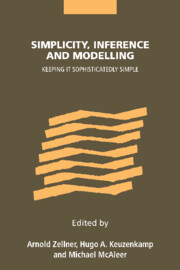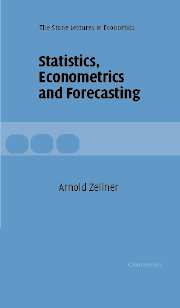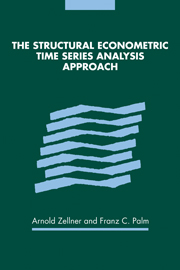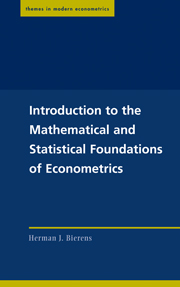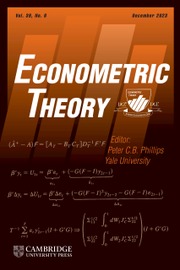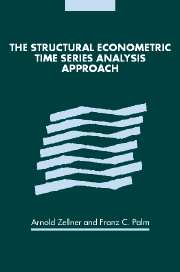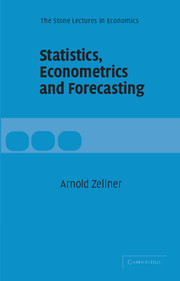Simplicity, Inference and Modelling
The idea that simplicity matters in science is as old as science itself, with the much cited example of Ockham's Razor, 'entia non sunt multiplicanda praeter necessitatem': entities are not to be multiplied beyond necessity. A problem with Ockham's razor is that nearly everybody seems to accept it, but few are able to define its exact meaning and to make it operational in a non-arbitrary way. Using a multidisciplinary perspective including philosophers, mathematicians, econometricians and economists, this 2002 monograph examines simplicity by asking six questions: what is meant by simplicity? How is simplicity measured? Is there an optimum trade-off between simplicity and goodness-of-fit? What is the relation between simplicity and empirical modelling? What is the relation between simplicity and prediction? What is the connection between simplicity and convenience? The book concludes with reflections on simplicity by Nobel Laureates in Economics.
- Major subject, massively under represented in academic literature
- Star multidisciplinary contributors, including Nobel Laureate Herbert Simon and Cambridge Series Editor Peter Phillips
- Designed for use by specialists and non-specialists
Product details
February 2002Hardback
9780521803618
314 pages
229 × 152 × 22 mm
0.63kg
Available
Table of Contents
- 1. The importance of simplicity in theory and practice A. Zellner, H. A. Keuzenkamp and M. McAleer
- 2. What is the problem of simplicity? E. Sober
- 3 Science seeks parsimony - not simplicity searching for pattern in phenomena H. Simon
- 4. A macroeconomic approach to complexity M. Boumans
- 5. The new science of simplicity M. R. Forster
- 6. What explains complexity? B. Hamminga
- 7. Occam's bonus A. W. F. Edwards
- 8. Simplicity, information, Kolmogorov complexity, and prediction P. Vitanyi and M. Li
- 9. Simplicity and statistical inference J. Rissanen
- 10. Rissanen's theorem and econometric series W. Ploberger and P. C. B. Phillips
- 11. Parametric versus non-parametric inference: satistical models and simplicity
- 12. The role of simplicity in an econometric model selection process A. Aznar, M. Isable Ayuda and C. Garcia-Olaverri
- 13. Simplicity in a behavioural, non-parametric context D. Tempelaar
- 14. Keep it sophisticatedly simple A. Zellner
- 15. Communication, complexity and coordination in games M. Ganslandt
- 16. The simplicity of an earnings frontier U. Jensen
- 17. Simplicity - views of the Nobel Laureates in economic science H. A. Keuzenkamp and M. McAleer.

